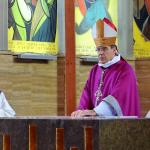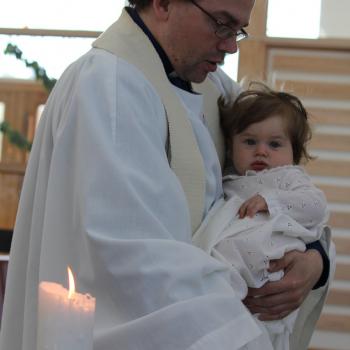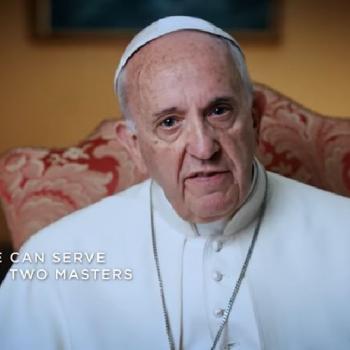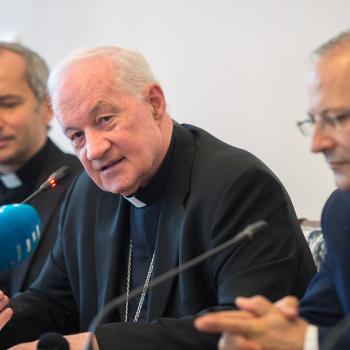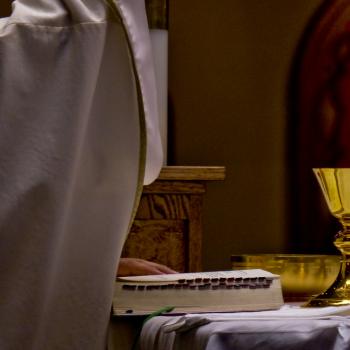A devastating rebuke last week of Pope Francis’ critics by the Italian philosopher Massimo Borghesi. In the digital pages of Vatican Insider, the author of a new “intellectual biography” of Jorge Mario Bergoglio has denounced that “the systematic attacks against the current Pope are part of a precise strategy: to strike the Pontiff, who is opposed by many for his commitment to the poor, migrants, etc., in order to bring the Church back to the pre-conciliar position”.
Let’s drill into Borghesi’s latest argument. First, his premises: that traditionalists distrust not only political but also ethical liberalism:
“[Francis’ critics] are against Peter [that is, the institution of the papacy] because, after the Council, he abandoned the vestiges of royal power”. Conservatives such as Robert de Mattei prove as much, thinks Borghesi, in their open opposition to the Vatican II declaration Dignitatis humanae: the document by which the Church renounced its claim to the civil “coercion” of non-Catholics and asserted that “the right to religious freedom has its foundation in the very dignity of the human person as this dignity is known through the revealed word of God and by reason itself”.
“For neo-scholastics, Revelation is reduced to acceptance of dogma”. Why is it of such import to Francis’s critics that the Church renounced in Dignitatis humanae its right to “coerce” civil subjects? “No one is to be forced to act in a manner contrary to his own beliefs”, proclaimed the Vatican II Declaration on Religious Freedom – but, as Borghesi points out, the faith in the “neo-Scholasticism” of modern-day traditionalists has been reduced to “a ‘positivism’ of a passively-accepted Revelation starting from the preambula fidei” (emphasis mine).
Why should it be such a problem, then, that the traditionalists are, as Borghesi says, “illiberals and Protestants”? Two reasons:
1), not only do they seem not to understand “that the dimension of the subject, of freedom, is implicated by Revelation itself” – “otherwise we would have a God emperor of the world, not a God on the cross” – but also “the idea of Revelation as God’s action in time, in history, as a dramatic tension between grace and human freedom is completely absent” in their theology.
And 2), and more tellingly: “traditionalists reject the modern and, at the same time, have a typically modern conception of reason”, in their acceptance of a “dialectic contrast between conflicting identities”: those of dogma and error, truth and falsehood, objectivism and subjectivism. Hence, for Borghesi, the traditionalists’ “determination to highlight the ‘negative’ episodes” or “outrageous cases” in Francis’ pontificate. “Also in this they are ‘modern'”, writes Borghesi. “They participate in the blinding of media that have eyes only for the negative. They actually need the negative in order to ‘be'”.
But why should all of this matter? Borghesi believes he has shown that, in their continued opposition to Vatican II – more than fifty years after the closure of the Council – it is the Pope’s opponents the ones who are sowing “confusion” in the Church today, not the Pope himself: in their multiplication of the “voices of dissent, the signs of failure, the demobilization and the churches going empty”. And I agree with him.

